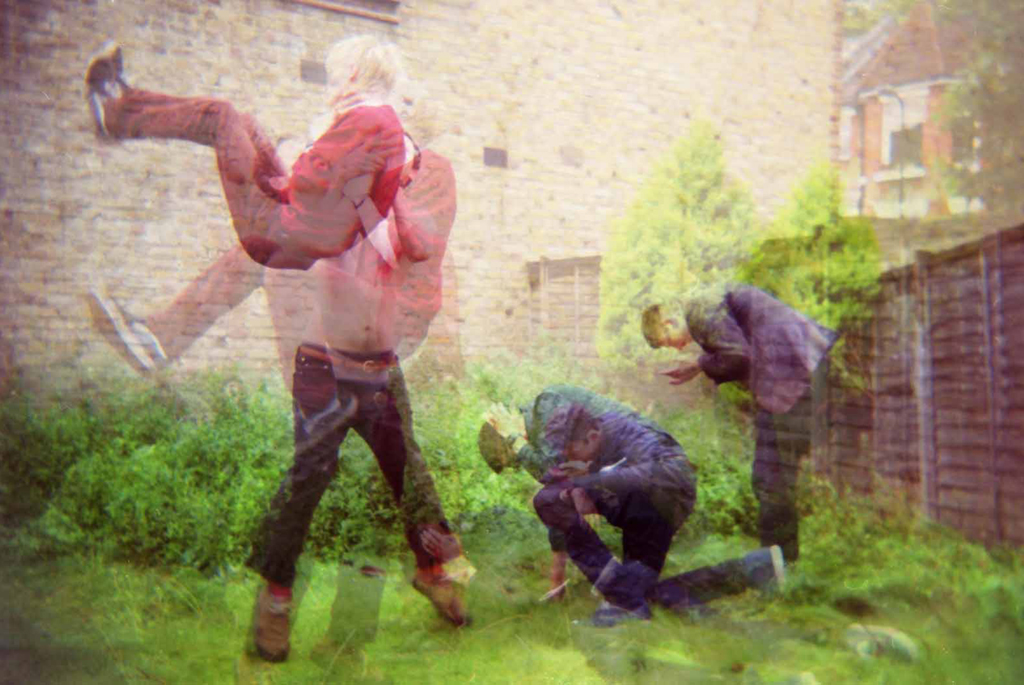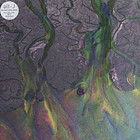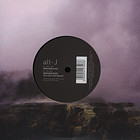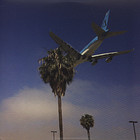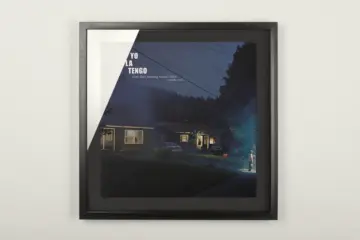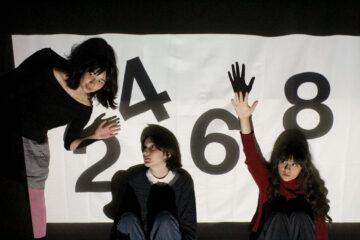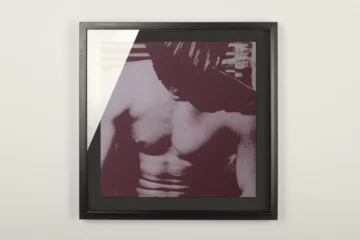So has this hipster symbolism – these triangles everywhere – now arrived in the rehearsal rooms of British uni bands as well? In the case of the fledgling band who call themselves alt-J and who play some really great new folk on An Awesome Wave, the indie symbolism has been taken to a meta level and is even made fun of a bit. Alt-J is, after all, first and foremost an intellectual band. In press photos, you see them striking stiff, abstract poses – reminiscent of Krautrock aesthetics or Kraftwerk – or simply from behind. The abbreviation alt-J, in contrast, is at best known to us from our keyboards. If you press it on an English MacBook you get the hipster triangle aka delta symbol (∆) aka the actual name of this new British band. And anyone who cares about good music is listening to them right now.
From this we can assume that alt-J have pretty much understood who their listening audience is: young and middle-aged super-trendy people who own a MacBook and recognise the reference in the ∆. Of course, nobody knows exactly what the triangle stands for. But does it really matter? It’s a bit like the music; hipsters see the symbol as a blank space for all the dark, euphoric, unspeakable things that music (and life in general) makes you feel. Maybe the alt-Js are more serious about the triangles than they appear to be. Quote from their song Tesselate: “Triangles are my favourite shape”.
The somewhat unusual name is also a bit of a token for their perfectly normal band biography. They met in Leeds at uni, then they changed their name, style and line-up a few times and locked themselves away in a cellar in Cambridge to record an album. The four lads were then discovered by the ‘blogosphere’, where the song Matilda did the rounds, and their interesting vocal experiments immediately became noticeable. Given their omnipresence on the Internet it’s not surprising that alt-J entered the Top 20 in the British album charts last week.
Alt-J is not just another indie band after all, their song writing is too sophisticated for that. They combine the best of the Fleet Foxes, Foals and of course a bit of Bon Iver and James Blake very skilfully.
The band’s debut album, which is far too perfect for a debut album, is called An Awesome Wave (the triangle as a sound wave). You can hear that they spent ages tweaking the songs and the only thing that pisses you off a bit about it is that everything just sounds too perfect (you can’t help but be reminded of The xx). Of course, it’s total nonsense to complain about everything being too good, but there are just so many of these good and clever bands out there and you can’t find fault with any of them. Except maybe that there are just too many.
But when the warm, nasal folk vocals are superimposed over the eclectic base sound tweaked on a computer during countless trial runs, you know that alt-J really has succeeded in coming up with something new that you like to listen to over and over. Alt-J is not just another indie band after all, their song writing is too sophisticated for that. They combine the best of the Fleet Foxes, Foals and of course a bit of Bon Iver and James Blake very skilfully. The songs flow in and out, and supercede simple pop songs. The extended instrumental parts, like in Ms and Taro, provide regular bursts of happiness. And yet the songs are catchy and the reverberated, hauntingly beautiful folk voice of frontman Joe Newman surprises us time and again. The last song on the album is Hand-made, the only real folk song on the LP. It perhaps clarifies the tradition in which alt-J sees itself a little. Otherwise, alt-J follows the tried and tested approach of putting the best first.
By the way, the lads don’t just appear to be fans of, ahem, hipster aesthetics, but are also big film buffs. At least some song titles suggest that. M∆tilda (with Δ, of course) alludes to Luc Besson’s Leon, and the person sung about would then of course be 13-year-old Nathalie Portman! What the cryptic hipster triangle has to do with the folksiness of the music, however, remains unclear. Perhaps the boys like the triangle so much simply because it’s so similar to their music: flawless.

